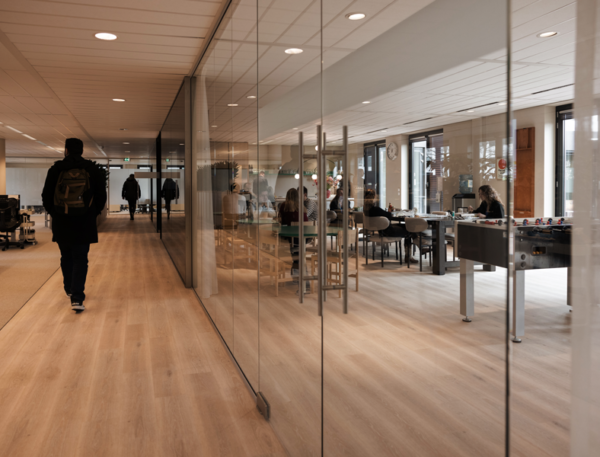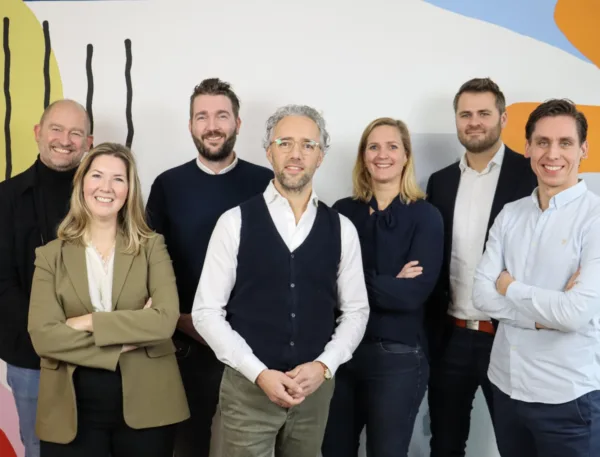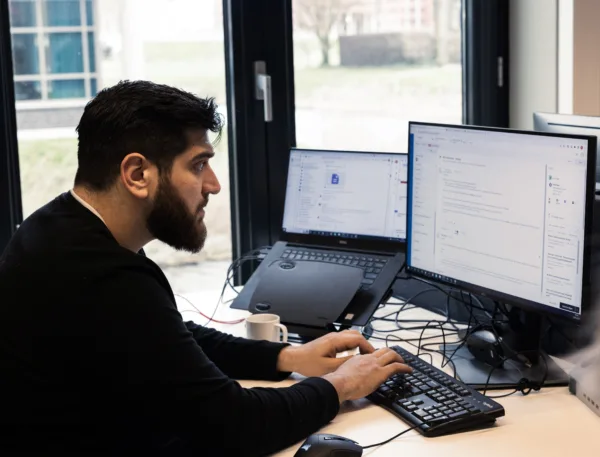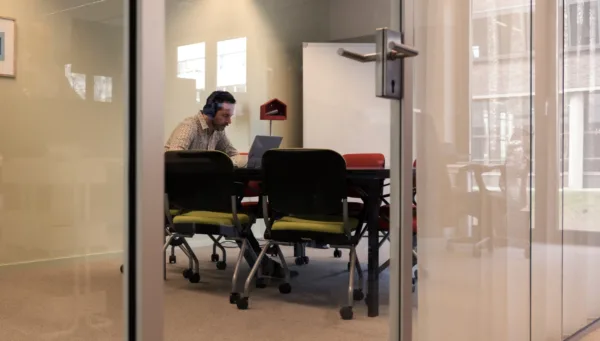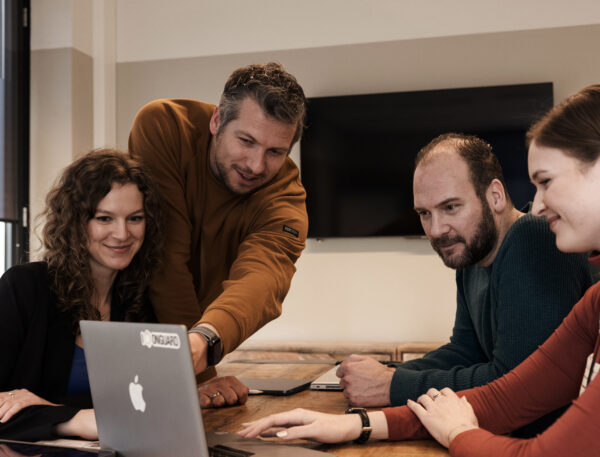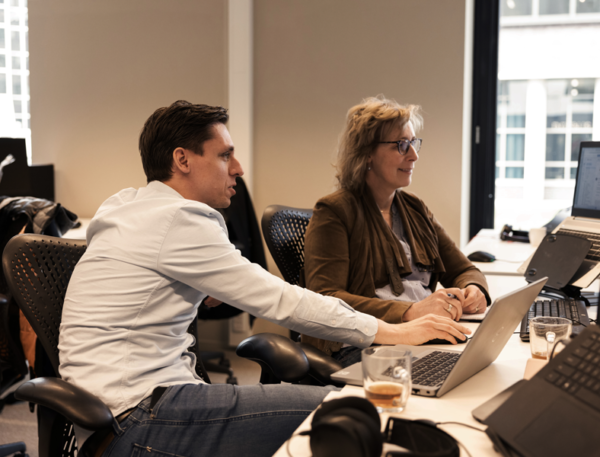Blogs
Encourage customers to pay their accounts on time. Read 5 tips that can be implemented right away and which will ensure a constant cashflow.
It’s crucial to reflect on the importance of security for our digital lives in an era where information is more valuable than ever.
Onguard announces changes to management team

Navigating the looming Credit Manager shortage: now is the time for smart credit management software
There is a looming shortage of Credit Managers on the horizon – now is the time for smart credit management software.
Explore how to improve customer relationships and drive a sustainable and optimised credit management process for your organisation.
After months of hard work we achieved a Platinum security status for the latest version of our credit management solution CreditManager.
Working in a data-driven way is becoming increasingly important, but data-driven working within credit management is not easy to achieve.
Cybercrime is the most common and disruptive form of fraud for the financial sector, but there is a new form of cyber-enabled fraud that requires increasing attention and action: platform fraud.
Which parts of risk management are essential for you in 2023, and what should finance professionals consider?
Do you know which technologies are transforming the credit management process? And what opportunities do they offer your organisation?
The “Power of one” concept is about how everyone has the ability to make a real difference. And you can use it for cash flow management.
From July 1st, 2023, large companies must pay small and medium-sized enterprises (SMEs) and self-employed workers within thirty days.
Aon’s Els van Leeuwen and Onguard’s Adriaan Kom to reflect on client digital solutions and their personal experiences engaging with clients.
Onguard changes the product portfolio and introduces a new value proposition and rebranding that complements their new strategy.
APIs are an important part of many modern software applications and can be a powerful tool for building complex and integrated systems.
Live and up-to-date data are crucial for financial professionals who want to make the right choices and minimise risks.
With the high increase in cyber crime all over the world, many people and organisations are worried about becoming the next victim.
Organisations are faced with growing payment delays and customers requesting deferred payments: the main cause is economic uncertainty.
Using credit management software makes it possible to bring together all customer information and generate a comprehensive customer profile.




